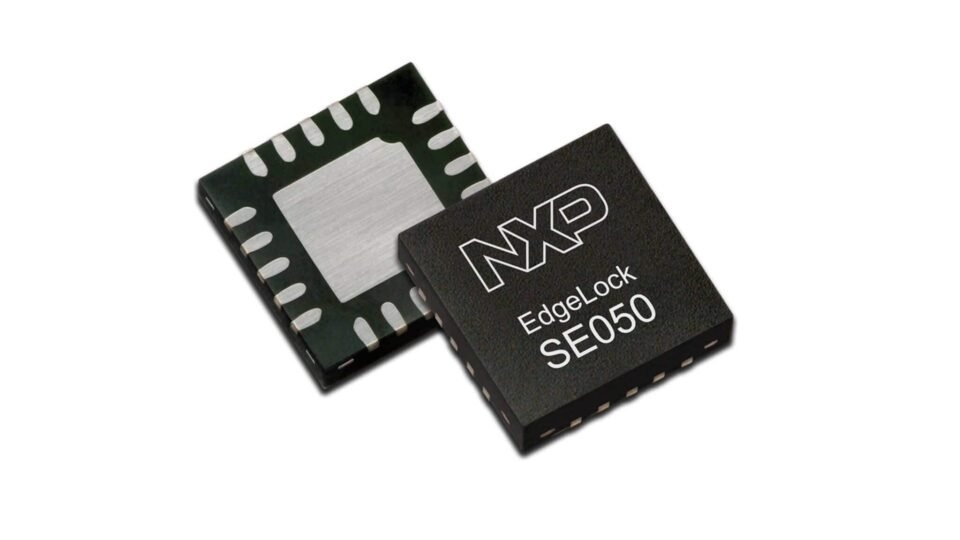The semiconductor industry is currently experiencing a cyclical downturn, with NXP Semiconductors feeling the impact. The company’s Q2 2025 earnings showed a 13% drop in EPS year-over-year, primarily due to weakness in the automotive and industrial sectors. However, NXP is strategically positioned to benefit from long-term trends such as automotive electrification, IoT connectivity, and industrial automation. Despite short-term challenges, the company’s shares are trading at a favorable valuation relative to its 2030 EPS estimates, presenting a potential opportunity for contrarian investors.
The recent downturn in the semiconductor sector has highlighted some necessary adjustments. NXP’s Q2 results revealed an 8% decline in revenue, with automotive sales decreasing by 5%. This is attributed to ongoing inventory corrections, supply chain issues, and economic uncertainties. Analysts have revised their EPS forecasts for 2025, expecting a 13% decrease from 2024 levels. Despite underperforming the S&P 500, NXP’s current stock price is seen as a discount, attracting contrarian investors.
NXP’s strengths lie in its robust cash flow generation, sustainable dividend, and strategic acquisitions. The company has maintained an average free cash flow margin of 25% over the past five years, with a solid performance even in challenging times. Its dividend yield, while modest, is well-supported by a low payout ratio and a strong balance sheet. Additionally, NXP’s strategic acquisition of Kinara positions it well for growth in the electric vehicle market.
Looking ahead, NXP is poised to capitalize on significant industry trends. The automotive sector, accounting for half of its revenue, is set to expand with the rise of electric vehicles. The IoT market is also expected to grow significantly, and NXP’s investments in near-field communication chips and R&D in India position it to capture this growth. In industrial automation, NXP’s specialized chips are key enablers in a market projected to see substantial spending increases.
Despite current challenges, NXP’s long-term prospects remain strong. Analysts project significant earnings growth by 2028, suggesting the current market undervalues the company. While risks such as exposure to China and industry cyclicality exist, NXP’s diversified strategy and financial resilience provide a buffer.
In conclusion, NXP represents a compelling opportunity for investors willing to look beyond short-term volatility. With a strategic focus on high-growth markets and a solid financial foundation, the company is well-positioned for future success. Investors may consider buying on market dips, keeping an eye on the long-term potential.


